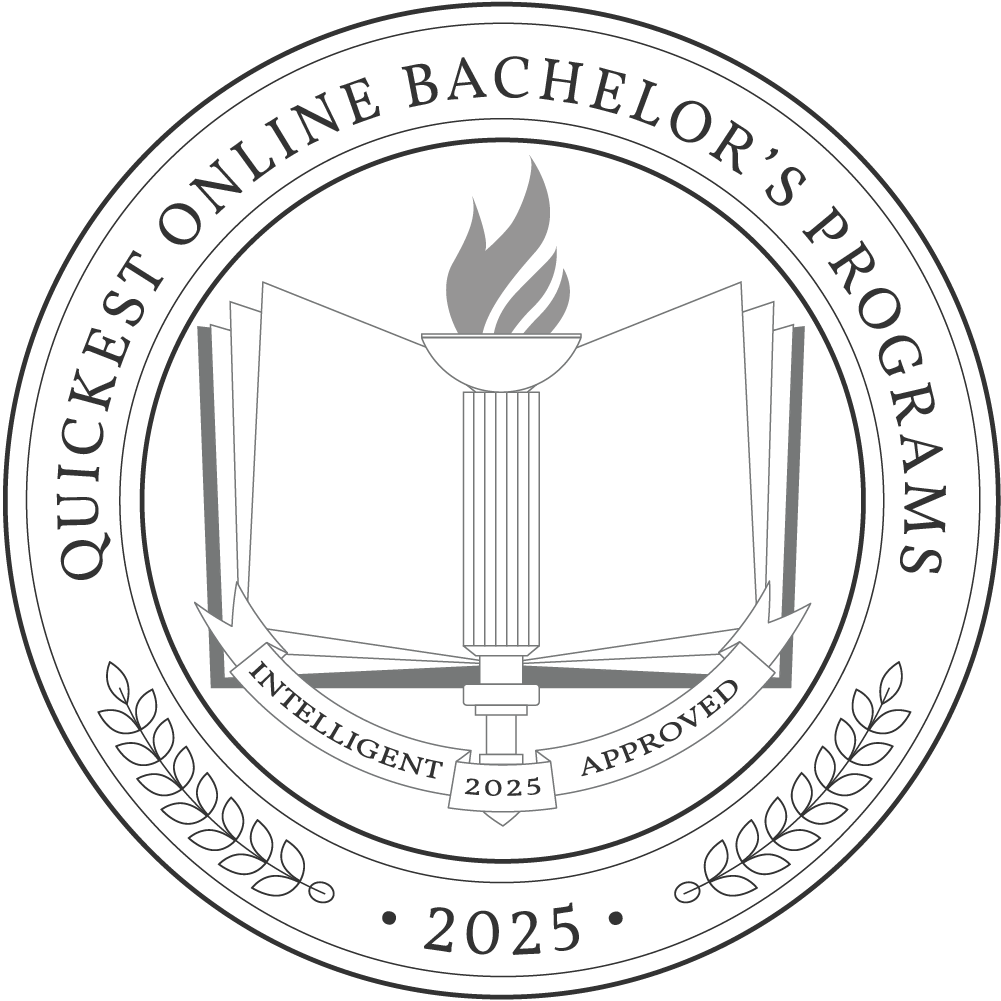A bachelor’s degree is one of the most efficient ways to boost earnings and advance your career, and a quick online bachelor’s degree makes that possible. Many of these programs can be completed entirely online, making them a good fit for working professionals or those with significant responsibilities.
Graduates can pursue rewarding careers, such as high school teachers for education majors, who earn a median salary of $65,220; financial analysts for finance majors, who earn a median salary of $99,890; or software engineers for computer science majors, who earn a median salary of $130,160.
These programs offer accelerated timelines that can be completed in two to three years, allowing you to fast-track your education and career advancement.
Why Trust Us
The Intelligent.com Higher Education Team is dedicated to providing students with independent, equitable school and program rankings and well-researched resources. Our expert-driven articles cover topics related to online colleges and programs, paying for school, and career outlooks. We use data from the U.S. Department of Education’s College Scorecard, the National Center for Education Statistics, and other reputable educational and professional organizations. Our academic advisory team reviews content and verifies accuracy throughout the year for the most current information. Partnerships do not influence rankings or editorial decisions.
- Analyzed over 2,000 national, accredited, and nonprofit colleges and universities
- 800+ rankings pages are reviewed and updated yearly
- Content is informed by reputable sources, surveys, and interviews with academic advisors and other experts
- Over 100 data points are reviewed for accuracy and quality throughout the year, including sources
How we rank schools
Our list features the quickest online Bachelor’s degree programs at top colleges nationwide. Each school featured is a nonprofit, accredited institution — either public or private — with a high standard of academic quality for post-secondary institutions.
We evaluated each school’s program on tuition costs, admission, retention and graduation rates, faculty, reputation, and the student resources provided for online students. We collected data from trusted sources like the National Center for Education Statistics, individual school and program websites, school admissions counselors, and other data sources. Then, we calculated the Intelligent Score on a scale of 0 to 100 based on the following criterion:
Academic Quality:
- Admission rate versus enrollment rate
- Retention rate of students who return after year one
- Accreditation status (regional and programmatic)
- Nonprofit status, both private and public institutions
Graduation Rate
- Overall graduation rate
- Total number of currently enrolled students, including diversity metrics
- Student-to-faculty ratio
Cost and ROI
- In-state and out-of-state per-credit tuition rates and fees
- Required credits to graduate
- Earning potential after graduation
- Availability of federal student loans, scholarships, and other financial aid options
Student Resources
- Available student services for online-only and hybrid programs
- On-campus amenities like tutoring centers and the number of libraries
Read more about our ranking methodology.
Best 28 Accredited Quick Online Bachelor Degree Programs
FiltersInstitution Type
Status
- Intelligent Score
- Alphabetically By University Name
- Acceptance Rate
- Enrollment
- In-state Graduate Tuition
- Out-of-state Graduate Tuition
- In-state Undergraduate Tuition
- Out-of-state Undergraduate Tuition

Arizona State University
Intelligent Score: 99.43In-state: $10,710
Out-of-state: $28,800
In-state: $11,720
Out-of-state: $11,720
SAT: 1100-1320
ACT: 21-28
$574
Online
Higher Learning Commission
120
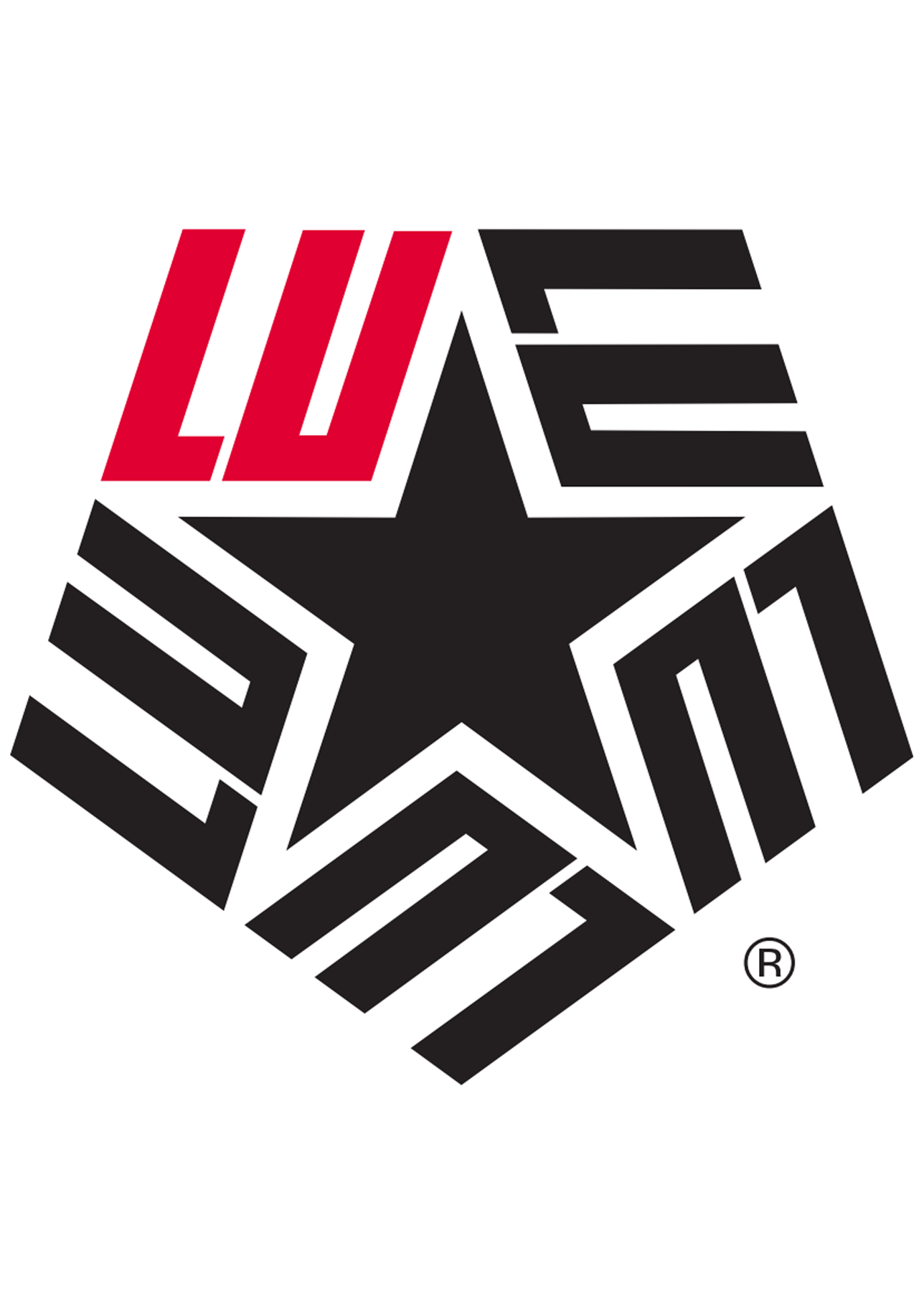
Lamar University
Intelligent Score: 97.89In-state: $6,129
Out-of-state: $15,945
In-state: $6,397
Out-of-state: $6,397
SAT: 943-1140
ACT: 17-23
$314
Online
Southern Association of Colleges and Schools Commission on Colleges
120

Liberty University
Intelligent Score: 97.55In-state: $14,791
Out-of-state: $14,791
In-state: $7,935
Out-of-state: $7,935
SAT: 1040-1250
ACT: 21-29
$390
Online
Southern Association of Colleges and Schools Commission on Colleges
120

Western Governors University
Intelligent Score: 96.27In-state: $6,380
Out-of-state: $6,380
In-state: $7,500
Out-of-state: $7,500
SAT: N/A
ACT: N/A
$297 - $390
Online
Northwest Commission on Colleges and Universities
120-121
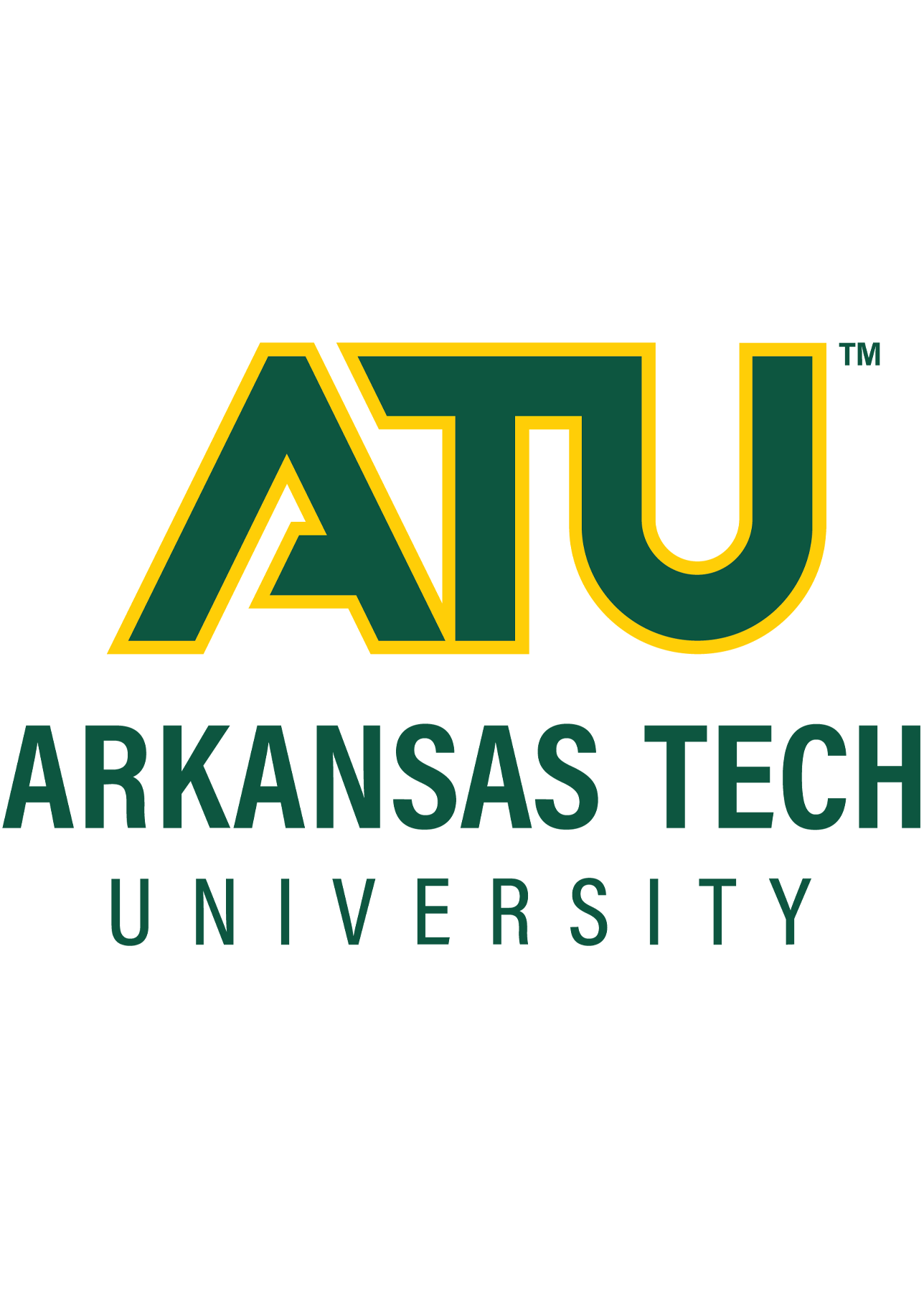
Arkansas Tech University
Intelligent Score: 92.50In-state: $5,568
Out-of-state: $11,136
In-state: $5,256
Out-of-state: $5,256
SAT: N/A
ACT: N/A
In-State: $249
Out-of-State: $499
Online
Higher Learning Commission
120

University of Wisconsin-Madison
Intelligent Score: 88.43In-state: $9,273
Out-of-state: $37,161
In-state: $10,728
Out-of-state: $10,728
SAT: 1260-1460
ACT: 27-32
$500
Online
Higher Learning Commission
120
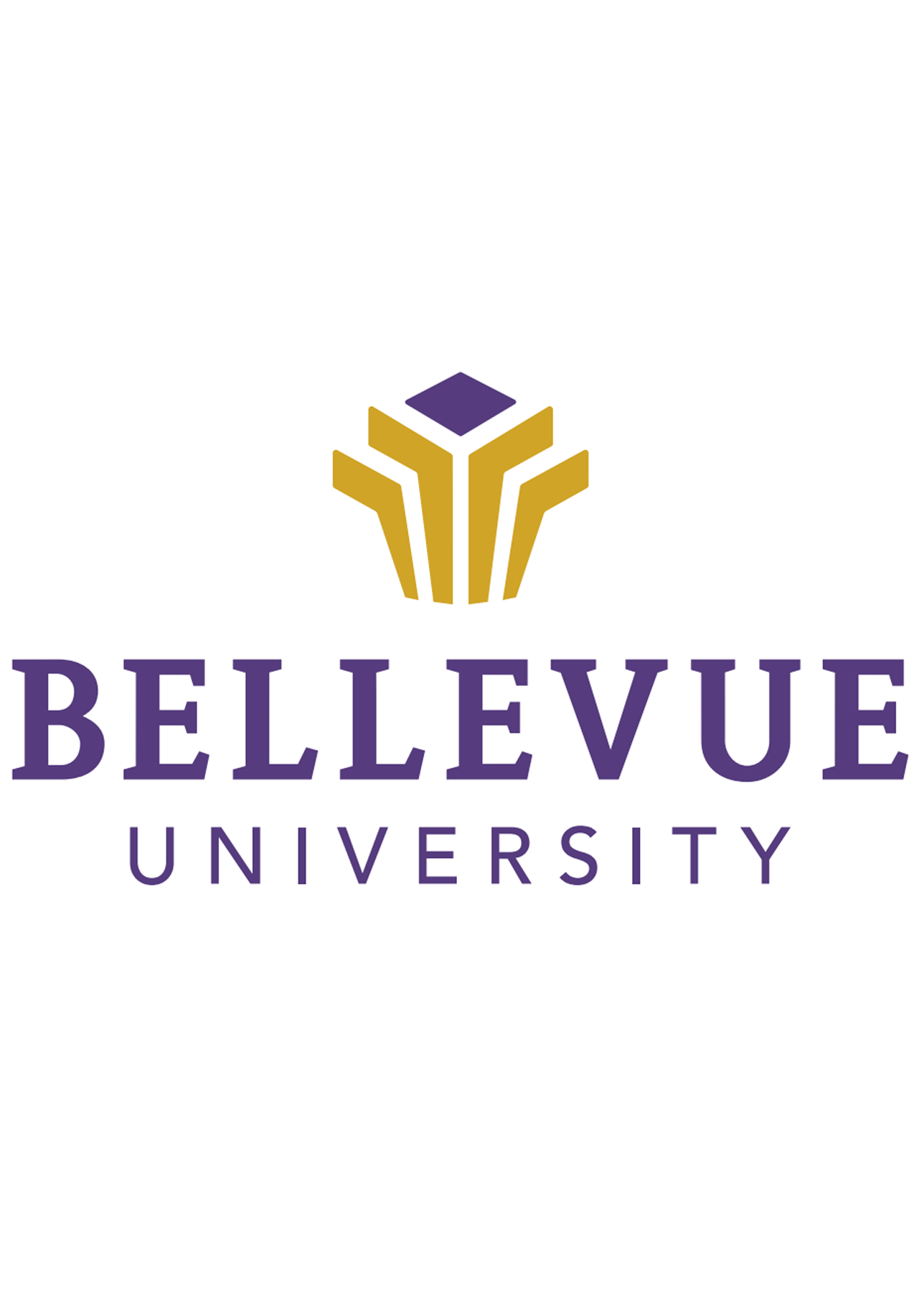
Bellevue University
Intelligent Score: 87.40In-state: $7,176
Out-of-state: $7,176
In-state: $10,710
Out-of-state: $10,710
SAT: N/A
ACT: N/A
$449
Online
Higher Learning Commission
120 - 127

Utica University
Intelligent Score: 87.19In-state: $39,718
Out-of-state: $39,718
In-state: $47,915
Out-of-state: $47,915
SAT: 1084-1250
ACT: 23-32
$420 - $475
Online
Middle States Commission on Higher Education
120
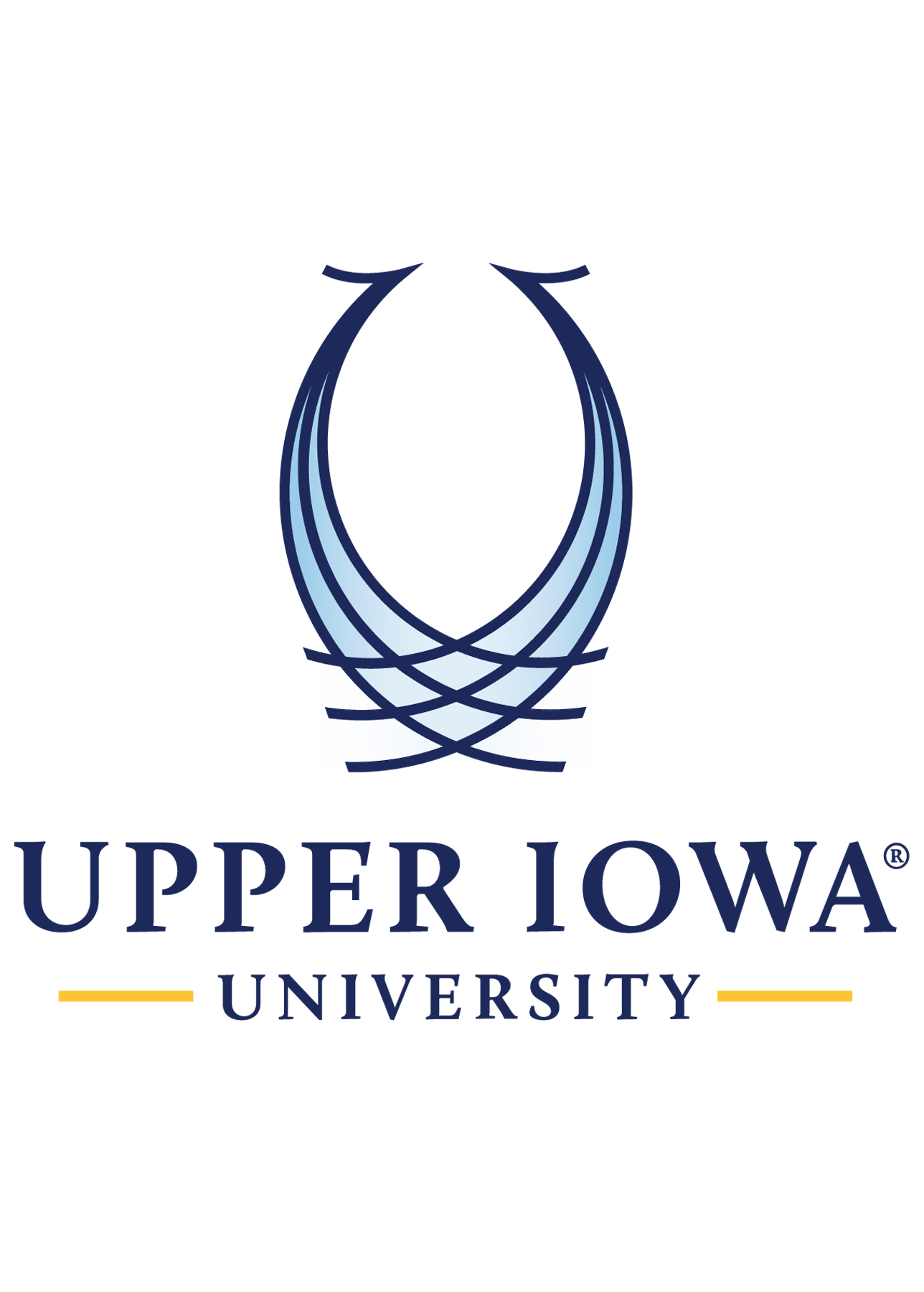
Upper Iowa University
Intelligent Score: 87.08In-state: $31,950
Out-of-state: $31,950
In-state: $19,152
Out-of-state: $19,152
SAT: 860-1046
ACT: 18-23
$505
Online
Higher Learning Commission
120

CSU Global
Intelligent Score: 87.05In-state: $9,426
Out-of-state: $28,147
In-state: $10,520
Out-of-state: $10,520
SAT: 1070-1280
ACT: 23-29
$375
Online
Higher Learning Commission
120
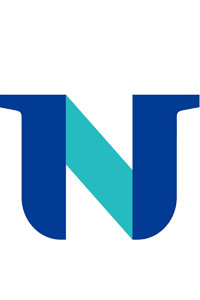
National University
Intelligent Score: 84.12In-state: $13,320
Out-of-state: $13,320
In-state: $15,480
Out-of-state: $15,480
SAT: N/A
ACT: N/A
$370
Online
WASC Senior College and University Commission
180
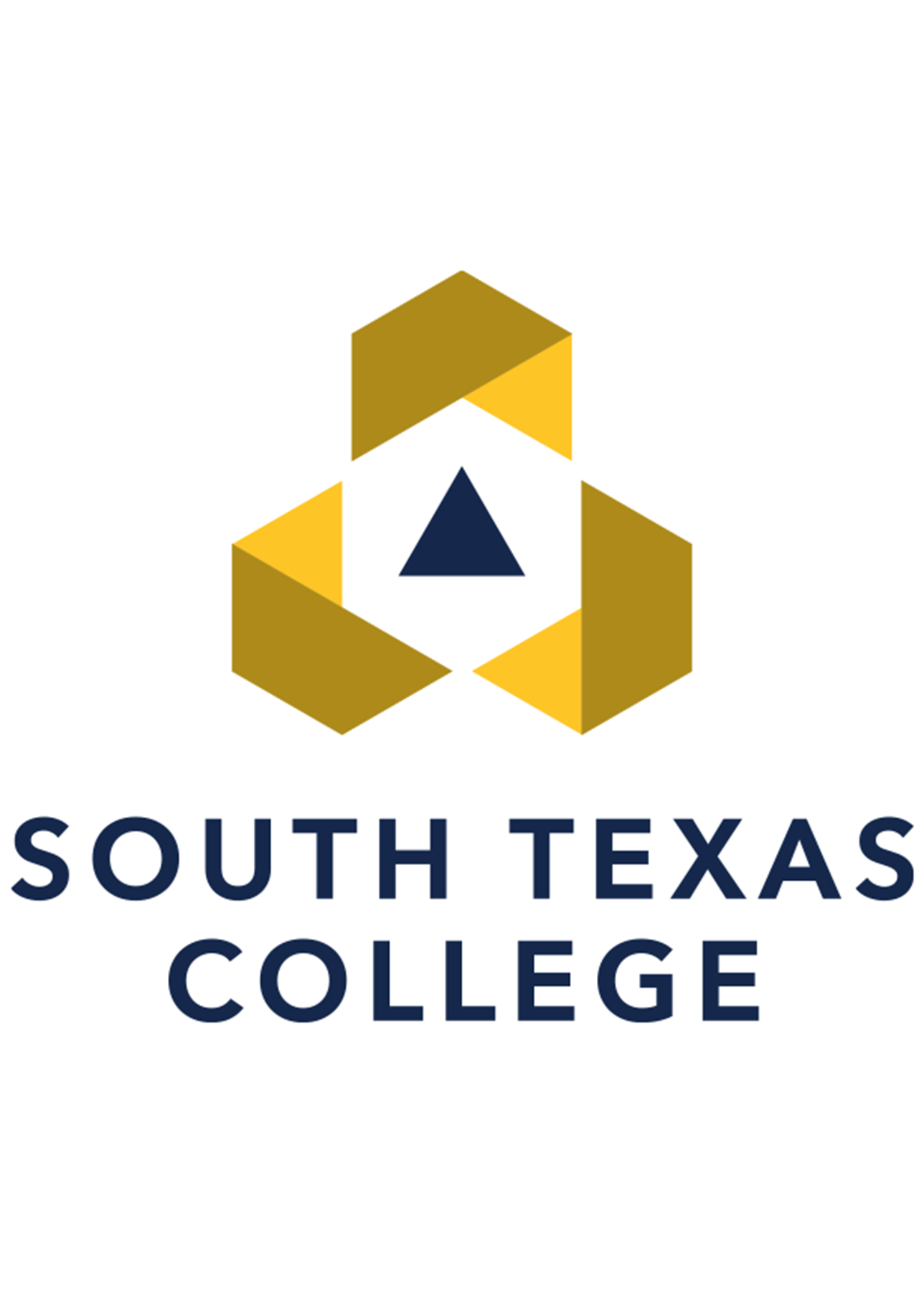
South Texas College
Intelligent Score: 82.10In-state: NA
Out-of-state: NA
In-state: NA
Out-of-state: NA
SAT: N/A
ACT: N/A
In-District: $164 Out-of-District: $174
Non-Resident: $254
Online
Southern Association of Colleges and Schools Commission on Colleges
120
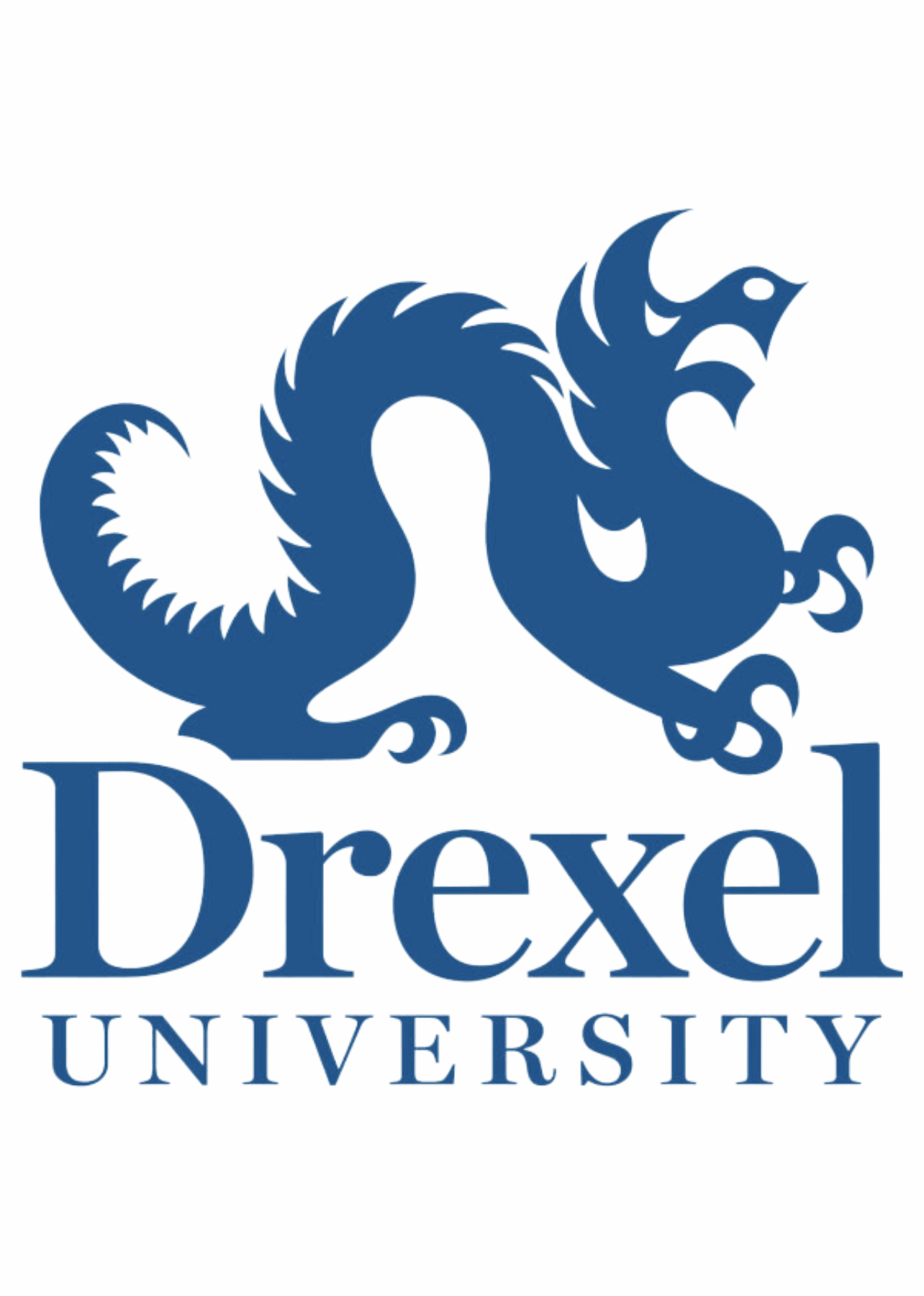
Drexel University
Intelligent Score: 81.76In-state: $53,868
Out-of-state: $53,868
In-state: $36,234
Out-of-state: $36,234
SAT: 1180-1380
ACT: 25-31
$473 - $492
Online
Middle States Commission on Higher Education
180

Florida State College at Jacksonville
Intelligent Score: 81.58In-state: $14,649
Out-of-state: $21,703
In-state: NA
Out-of-state: NA
SAT: Not Required
ACT: Not Required
Resident: $116 Non-resident: $401 Non-residents Online Courses:: $227
Online, Hybrid
Southern Association of Colleges and Schools Commission on Colleges
120
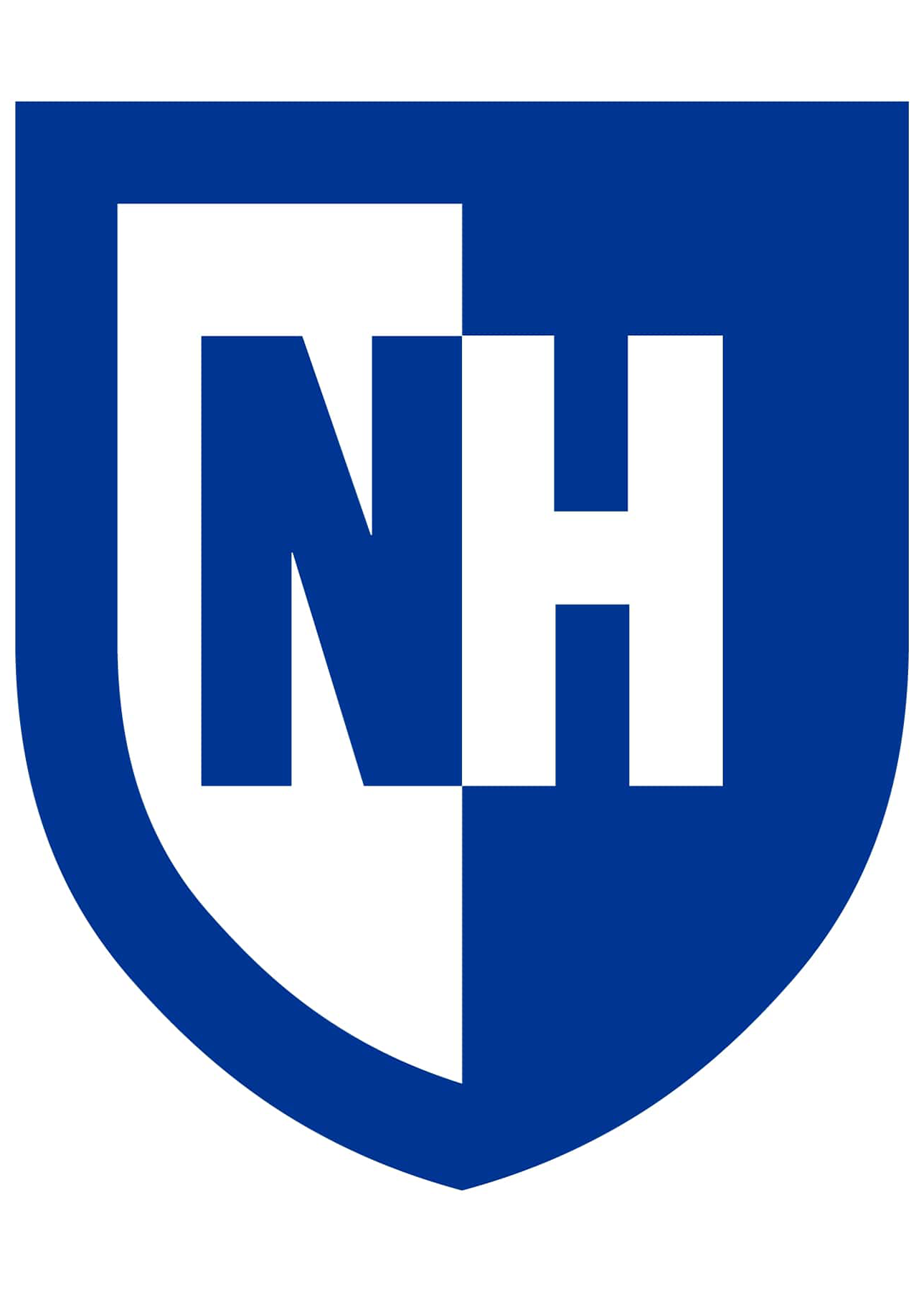
University of New Hampshire College of Professional Studies
Intelligent Score: 80.88In-state: $15,520
Out-of-state: $32,860
In-state: $14,170
Out-of-state: $14,170
SAT: 1090-1280
ACT: 24-30
Resident: $314 Non-resident: $379
Online
New England Commission of Higher Education
120

LeTourneau University
Intelligent Score: 80.46In-state: $31,740
Out-of-state: $31,740
In-state: $18,630
Out-of-state: $18,630
SAT: 1110-1330
ACT: 22-29
$380 - $410
Online, On-Campus
Southern Association of Colleges and Schools Commission on Colleges
120
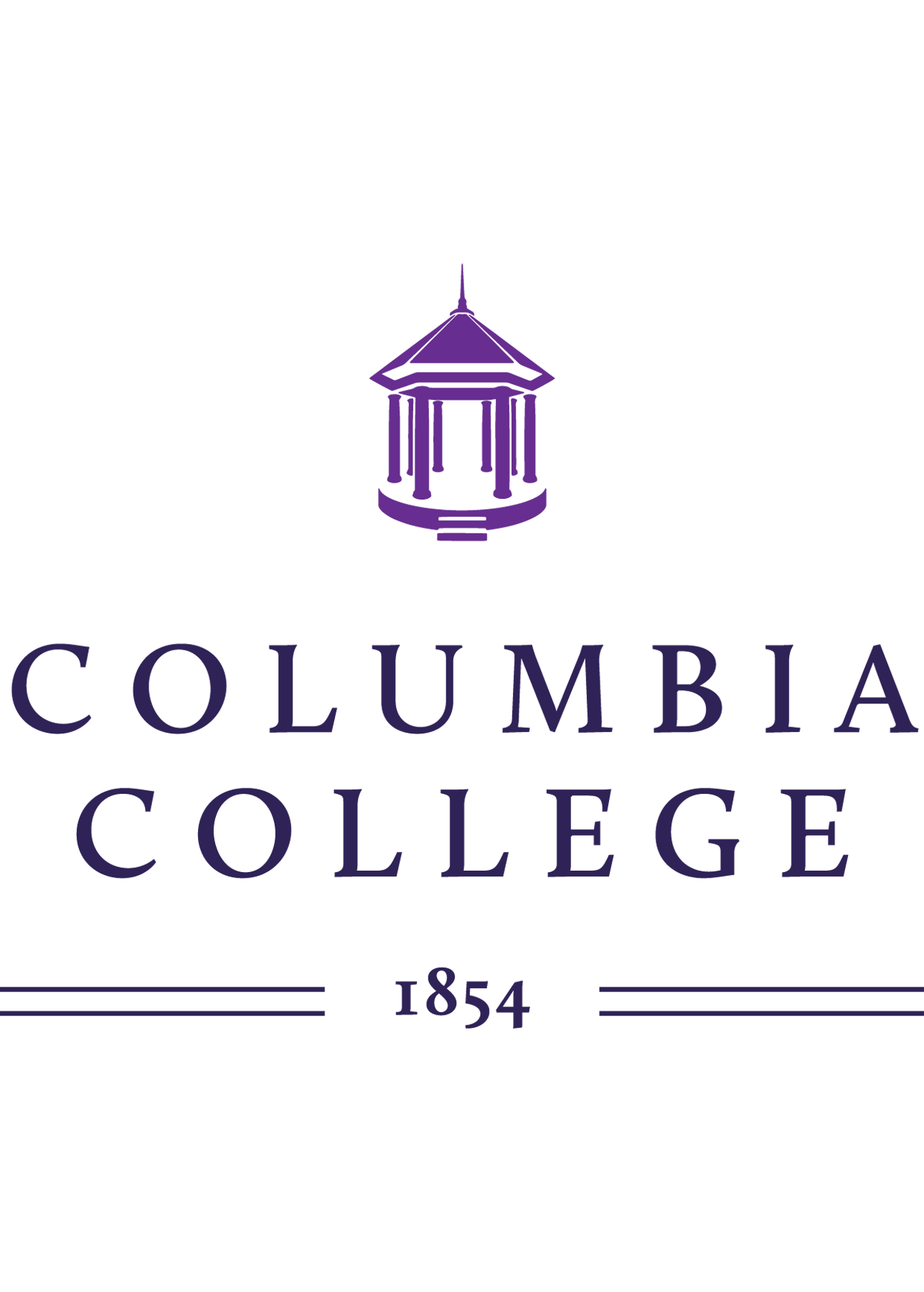
Columbia College of Missouri
Intelligent Score: 76.09In-state: $17,791
Out-of-state: $17,791
In-state: $10,671
Out-of-state: $10,671
SAT: 820-1050
ACT: 17-20
$375
Online
Higher Learning Commission
120
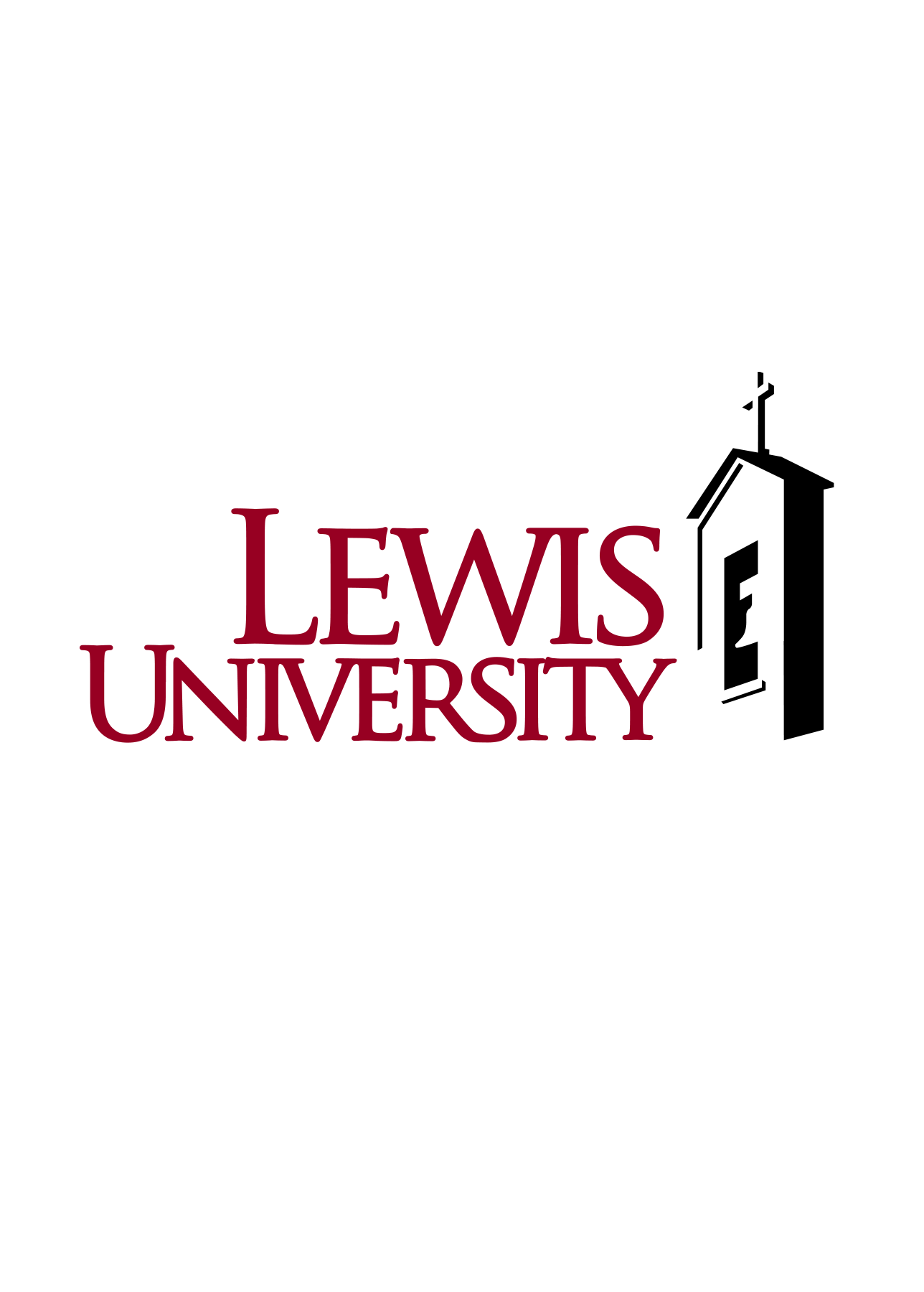
Lewis University
Intelligent Score: 75.81In-state: $34,268
Out-of-state: $34,268
In-state: $14,580
Out-of-state: $14,580
SAT: 1010-1220
ACT: 21-27
$445 - $625
Online, On-Campus
Higher Learning Commission
128
How to Choose a Quick Online Bachelor Degree Program
Choose your area of study
While some students come into their bachelor’s degree with an idea of what they want to study, many are unsure. If you’re in the process of choosing an area of study, ask yourself questions like:
- What are my interests and strengths?
- What career paths excite me?
- Where do I see myself in five years?
Depending on your answers, consider options like early childhood education if you enjoy working with children, finance if you have a knack for numbers and thrive analyzing financial data, or nursing if you’re passionate about healthcare and helping others. Each major caters to different strengths and career aspirations, helping you align your education with your professional goals.
Research schools and programs
With your intended area of study in mind, you can better focus your research on schools and programs. Start by researching programs that have an excellent reputation in your field. Consider using the following questions to guide your research further:
- Does the school offer a strong program in my intended major?
- What is the program’s accreditation status?
- Are there options for flexible scheduling?
- Does the program offer career support and internship opportunities?
- What are the tuition costs and available financial aid options?
This information can be found on program websites, by contacting an admissions counselor, or at a virtual open house.
Prepare for tests and applications
Now that you have a shortlist of potential programs, you can focus on test and application prep. While some schools have specific requirements, many share similar criteria, including:
- High school diploma or equivalent
- Transcripts from previous schools
- Letters of recommendation
- Personal statement or essay
- Standardized test scores, if required
If your programs require test scores, boost your application by registering for SAT or ACT prep programs to enhance your performance.
Select your program
When acceptance letters arrive, revisit your initial research criteria to select the best program. Focus on what matters most to you, such as curriculum relevance, flexibility, and career support services. Now is also an excellent time to reassess the total cost of attendance, including tuition and additional fees, and compare it with any financial aid offers.
Determine how you’ll pay for your degree
To pay for your degree without incurring substantial debt, start by filing the FAFSA to determine your eligibility for federal aid. You can also apply for institutional and external scholarships and grants, which don’t require repayment. If you’re seeking part-time work, consider work-study options to offset costs further.
Federal loans should be considered online as a last resort, as they will eventually need to be repaid with interest.
What Can You Expect From a Quick Online Bachelor Degree Program
A quick bachelor’s degree program offers a versatile and efficient path to advancing your career. As a student, you can expect to gain comprehensive knowledge in many disciplines, including business, healthcare, technology, and more. Regardless of your major, you’ll develop critical skills and industry-specific expertise, preparing you for different career opportunities and boosting your professional potential in a competitive job market.
These programs are designed for flexibility, with many available entirely online, making them ideal for individuals with full-time jobs or family responsibilities. Some majors may require in-person coursework, but most offer the convenience of fully remote learning.
Potential courses you’ll take in a quick online bachelor’s degree program
- Introduction to Business Administration: Business majors will learn the fundamentals of business operations, management principles, and organizational behavior. This course provides a solid foundation in business strategies, marketing, finance, and human resources.
- Principles of Marketing: Those interested in marketing will learn the field’s core concepts, including market research, consumer behavior, and strategic planning. Students will also gain skills in developing marketing campaigns and understanding digital marketing trends.
- Foundations of Psychology: Ideal for psychology students, this course explores the basics of human behavior and mental processes. This class introduces psychological theories, research methods, and applications in different fields, such as clinical, social, and cognitive psychology.
- Information Technology Fundamentals: This course provides computer science students with an overview of IT concepts, including computer hardware, software, networking, and cybersecurity. They will learn about the role of technology in business and how to manage and troubleshoot IT systems.
What Can I Do With a Bachelor’s Degree?
With a bachelor’s degree, you can pursue many different careers in fields like business, healthcare, technology, education, and more. The degree significantly boosts your earning potential — with the Bureau of Labor Statistics reporting the average weekly earnings for bachelor’s degree holders in 2023 were $1,493, compared to $899 for those with only a high school diploma.
Career outlook
- Software Developer — Computer-savvy individuals may enjoy careers as software developers. These professionals design, code, and maintain software applications and systems for various industries.
- Median annual salary: $130,160
- Projected employment growth (through 2032): 25%
- New jobs projected: 153,900
- Registered Nurse — Those interested in healthcare can secure positions as registered nurses, which provide patient care, education, and support in hospitals and clinics.
- Median annual salary: $86,070
- Projected employment growth (through 2032): 6%
- New jobs projected: 193,100
- Market Research Analyst — Students with an analytical mindset often thrive as market research analysts. They collect and analyze data on consumer preferences, market trends, and competitors to help businesses understand market conditions.
- Median annual salary: $74,780
- Projected employment growth (through 2032): 13%
- New jobs projected: 13%
Quick Online Bachelor Degree Frequently Asked Questions
How do accelerated degree programs work?
Accelerated degree programs offer the same curriculum as traditional programs but in a condensed timeframe, often using 8-week semesters instead of the usual 16. This shorter timeframe allows students to complete their degrees faster, making it ideal for those eager to enter the workforce or advance their careers quickly. However, the intensive schedule requires a high-level of dedication and time management. To explore whether an accelerated program suits your needs, visit our page on the pros and cons of these programs.
How long does earning a quick online bachelor's degree take?
Earning your bachelor’s degree through an accelerated program typically takes two to three years compared to the traditional four years. However, it’s crucial to double-check specific credit requirements, as these can vary by program and impact your completion timeline.
How much does a quick online bachelor's degree cost?
The average cost of a bachelor’s degree for the 2020-2021 academic year was $25,910, though tuition prices vary by program, with some accelerated programs offering more affordable rates. In addition to tuition, you should budget for other costs such as technology fees, textbooks, and course materials. These additional expenses can add up over time, affecting the overall cost of earning your degree.
